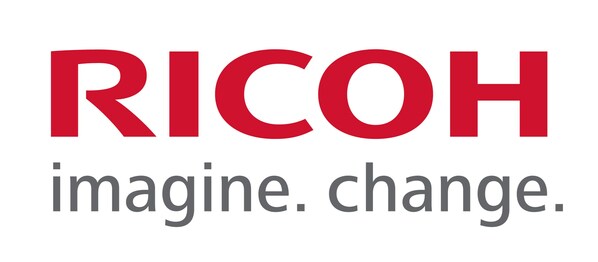SINGAPORE, Oct. 4, 2022 /PRNewswire/ -- The impact of the collapse of the world's third largest stablecoin, UST, and Luna coin continues to affect the industry. Just ten days ago on September 19, the number one stablecoin, BTC, fell below the $19,000 mark intraday, and the second largest stablecoin, ETH, also fell below the $1,300 mark at one point, with over 130,000 people blowing up their positions on that day alone, for a total of $443 million.
In the midst of a woeful stablecoin market, USDD, which was issued against the trend four months ago, is also enduring multiple rounds of shorting pressure. As of now, USDD is still able to maintain its anchor to the US dollar.
Faced with the obscure future trend of the cryptocurrency circle, Justin said in an exclusive interview with DeThings that USDD is able to overcome the market volatility caused by the centralization of stablecoins because it has a higher degree of decentralization in technology.
"Avoiding centralisation is a very important principal of the De-Fi stablecoin." Justin believes that a very important reason for the UST crash is that almost all USTs are dependent on Luna's value and traffic, and this one-loss centralised structure is highly susceptible to a chain reaction. In addition, stablecoin like Dike, which have too many USDCs, are also exposed to the risks of centralization.
Justin said that the original intention of USDD's launch was to provide a more decentralised solution for the entire stablecoin industry. "The D in USDD stands precisely for Decentralize, which is also in line with the spirit of decentralization of cryptocurrencies."
Speaking about the impact of the ETC merger on the cryptocurrency market, Justin told DeThings that after the merger the cryptocurrency market will lack a dominant narrative, especially as the De-Fi and NFT boom fades, the cryptocurrency market will be in a vacuum, when it will be Build-focused to attract more developers to work on this ecosystem.
Cryptocurrencies in the new Ethereum ecosystem will see uncertainty on both sides of PoS and PoW. PoS will face challenges such as regulation and some other challenges that it has not encountered before, and it is difficult for the market to predict the extent to which regulators in the US will exercise jurisdiction and sanction power over Ethereum transactions.
As for PoW, it will need to face competition with ETC, ETHW, ETHF, etc. to decide who is the most important fork chain, and Justin expects to have a more complete answer in the next 6 to 12 months. "We hope USDD will Launch on a new PoW fork of Ethereum, as PoW chains need decentralised stablecoins"











